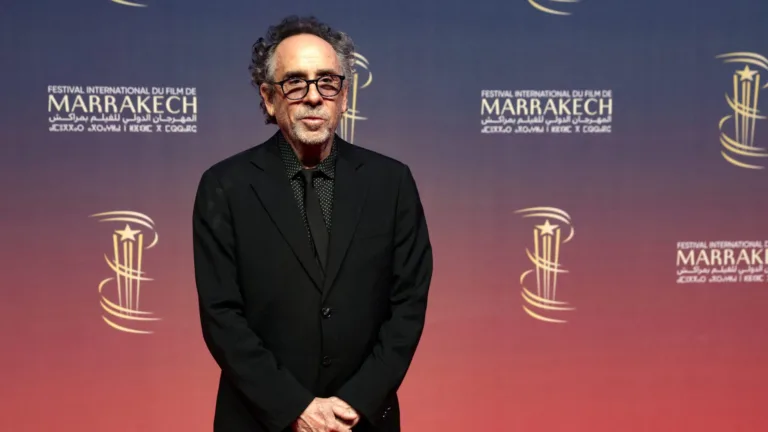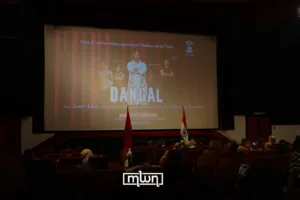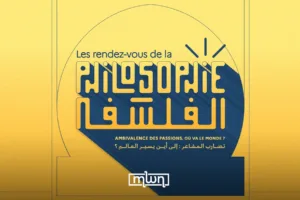Fez — Palestinian-American model has said that Instagram has repeatedly prevented her from sharing content about Palestine, rekindling a long-running debate over Meta’s moderation of pro-Palestinian speech.
Hadid complained over the weekend that Meta has been blocking her attempts to post about Palestine on Instagram, where she has more than 60 million followers.
Activist accounts amplified the claim with graphics reading “Meta Censors Bella Hadid,” while press items and social posts picked it up as a fresh example of alleged over-enforcement.
Hadid’s allegation arrives against a documented backdrop. Human Rights Watch reported in December 2023 that Meta’s policies and enforcement resulted in “systemic censorship” of Palestine-related content across Instagram and Facebook, identifying six recurring patterns that included outright removals, feature restrictions, and “shadow banning.”
A regional civil society report in 2024 compiled hundreds of testimonies from journalists and creators who said their Palestine coverage was suppressed on Meta’s platforms.
Meta’s self-imposed blind spot
Meta has faced sustained scrutiny from its own Oversight Board as well. In September 2024, the Board ruled that the slogan “From the river to the sea” should not be automatically removed and stressed that context matters, a stance echoed in Meta’s public case notes. In March 2024, the Board also urged Meta to end its blanket ban on the Arabic word “shaheed,” calling the policy overly broad.
For its part, Meta has acknowledged that enforcement during the Israel-Palestine crisis has produced errors and “unintentional impact” on Palestinian and Arab users’ freedom of expression, while also citing under-enforcement of content inciting violence against Israelis and Jews. The company points to quarterly transparency reports and the 2022 Business for Social Responsibility due diligence review as evidence of ongoing policy adjustments. Meta has generally said it applies rules globally and does not intentionally suppress political viewpoints.
Why this matters is straightforward: when high-profile users say they cannot post, the visibility of a contentious human-rights issue can hinge on automated systems, policy exceptions and appeals that are hard for the public to parse. Researchers and advocacy groups argue that Palestine-related moderation has repeatedly curtailed legitimate speech, while Meta counters that complex safety rules and legal constraints require fast decisions that sometimes err and are later reversed.
As of publication, Meta had not issued a specific response to Hadid’s latest allegation; her Instagram account remains active and she has previously clashed with the platform over posts referencing her Palestinian identity. What is clear is that one influencer’s experience has again pushed a broader policy question into the spotlight: how to balance safety enforcement with political expression when the cost of mistakes is borne by millions of users following events in real time.
















